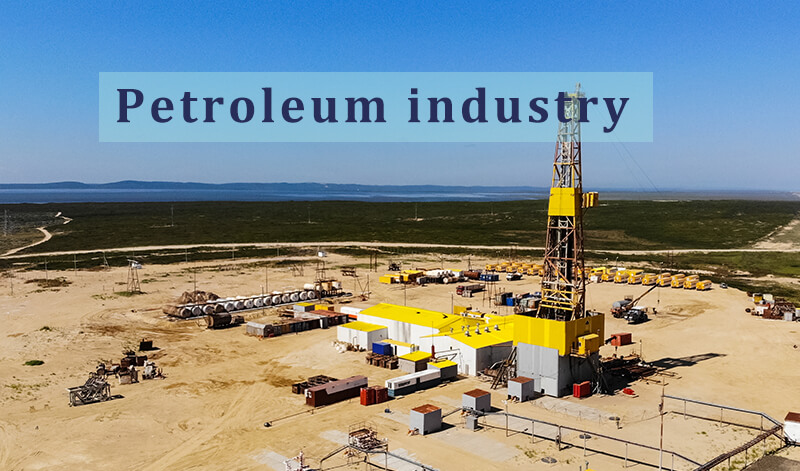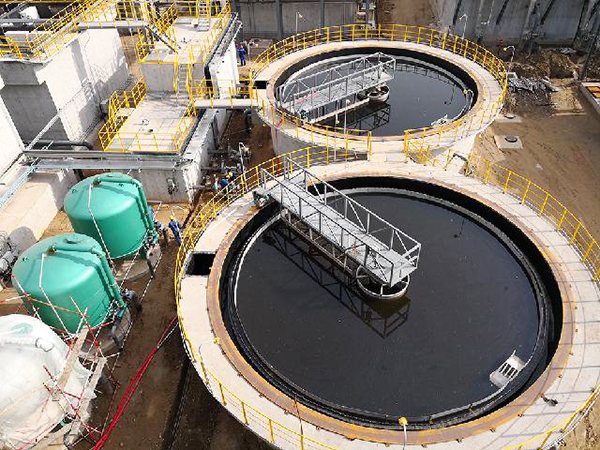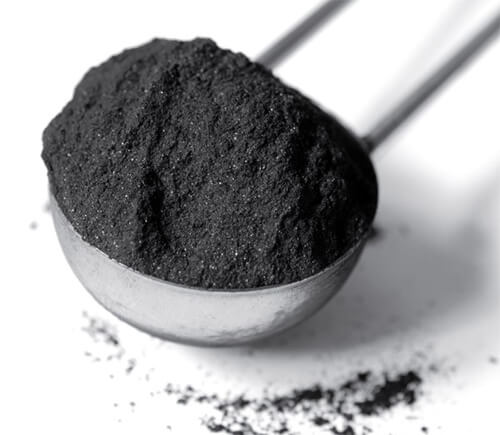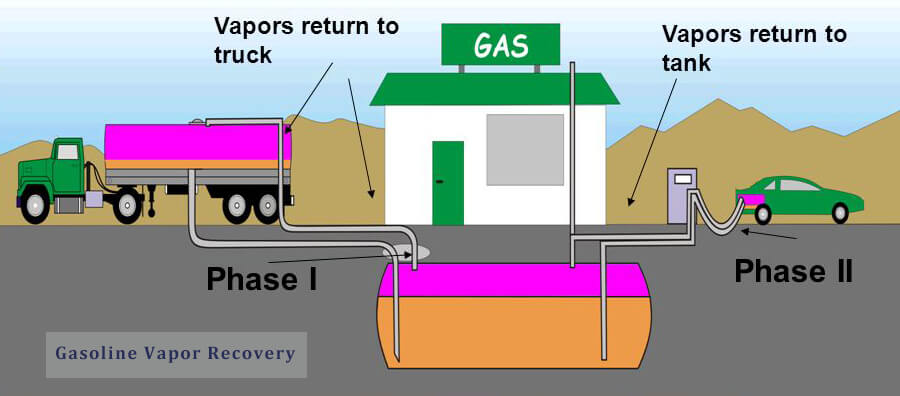
Petroleum synthesis
In the petroleum synthesis process, in addition to paraffin and heavy oil, there is also light oil accounting for 50% of the total product. In the synthetic exhaust gas, most factories use activated carbon adsorption to recover this light oil. Activated carbon is also often used in petroleum processing plants to recover light oil or gas gasoline from natural gas and processed gas (such as cracked gas) to increase the yield of light oil. Zhulin Carbon provides high-quality activated carbon adsorption materials and solutions designed to help the refining industry effectively deal with sulfide problems in petroleum products.Refinery wastewater

The production process of a refinery requires a large amount of water. Although most of the water can be recycled, wastewater will still be produced, and the amount is about 60% to 70% of the crude oil processing volume. Refinery wastewater contains harmful substances and must be treated before being discharged.
Refinery wastewater mainly comes from the production wastewater produced in the direct distillation of crude oil, the cracking and distillation of heavy oil, and the refining of certain fractions. Wastewater is generally classified and diverted according to its quality, including free oily wastewater, emulsified oil wastewater, cooling water, boiler drainage, sulfur-containing wastewater, alkali-containing wastewater, acid-containing wastewater and some special compound wastewater, etc.

Refinery wastewater has the following characteristics:
• The amount of sewage is large, the composition of the wastewater is complex, the content of organic matter, especially hydrocarbons and their derivatives, is high, and it contains a variety of heavy metals.
• In addition to general organic matter, the main pollutants include grease, phenols, sulfides and ammonia nitrogen, etc. The COD content is high and there are many refractory substances. Moreover, affected by the alkali residue wastewater and pickling water, the pH change of the wastewater is relatively large.
• Tiny oil droplets with a particle size between 100-1000nm are easily surrounded by surfactants and flowing water solids to form emulsified oil, which is stably suspended in water. Oil in this state cannot be separated from wastewater by standing method.
• When oil pollutants are discharged into water bodies, they will form a molecular film, polluting the water quality and reducing the dissolved oxygen content in the water.
Faced with various harmful substances in refinery wastewater, Zhulin Carbon promises to provide innovative and sustainable activated carbon technology and solutions to help refineries achieve efficient purification and treatment of wastewater.
Gasoline vapor Recovery
Gasoline is a volatile and flammable hydrocarbon mixture liquid that is fractionated and cracked from petroleum and can be used as fuel.
Gasoline vapor recovery refers to collecting volatile gasoline and oil vapor during the process of loading and unloading gasoline and refueling vehicles, and converts the oil and gas from gaseous state to liquid state through one or two methods such as absorption, adsorption or condensation, and then turn it into gasoline for recycling purposes.
The activated carbon adsorption is a commonly used method. The Oil and gas recovery activated carbon is with mainly mesoporous (2~50nm), which is easy for adsorption and desorption. This type of activated carbon can be regenerated. There is a certain loss during the regeneration process, but the adsorption effect is not affected and can be used repeatedly.
Conclusion about activated carbon for petroleum industry
In the petroleum industry, activated carbon as the multifunctional material has been widely recognized. With the excellent properties, activated carbon can improve the quality and purity of petroleum products.As a leader in activated carbon, Zhulin Carbon is committed to providing high-quality activated carbon products and customized solutions to meet the needs of the petroleum industry.

